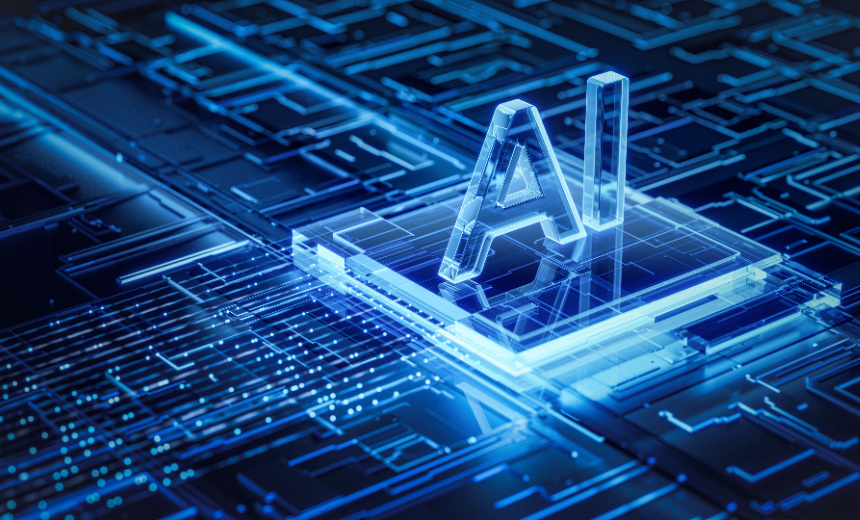Artificial Intelligence & Machine Learning,
Next-Generation Technologies & Secure Development
Industry Leaders Embrace Model Context Protocol from Anthropic

Significant advancements in artificial intelligence are underway as major players including OpenAI, Google, and Microsoft have begun adopting Anthropic’s Model Context Protocol (MCP). This initiative is aimed at enhancing the functionality of chatbots by enabling them to interface seamlessly with everyday software applications.
The Model Context Protocol, positioned as an open standard, seeks to improve the user experience of chatbots by facilitating direct, bi-directional communication with enterprise systems, cloud computing services, and local files. To date, numerous MCP servers have been developed to interconnect various tools, ranging from Slack to Snowflake.
Introduced late last year, MCP serves as an open-source specification that defines the infrastructure for MCP servers, which provide data access from sources such as Google Drive and Postgres, and for MCP clients, the AI applications that utilize this data. Anthropic characterizes MCP as akin to a “USB-C port for AI applications,” positing it as a universal connector that developers across the industry can utilize. By decoupling data integration from proprietary solutions, MCP aspires to foster a competitive ecosystem of interchangeable connectors that streamline prototyping and mitigate vendor lock-in.
The first quarter of this year has seen a rapid uptake of MCP support, with OpenAI’s CEO Sam Altman announcing its availability in the “Agents SDK and support for ChatGPT desktop app with Responses API approaching.” Shortly thereafter, Google DeepMind’s CEO Demis Hassabis confirmed that their Gemini models and SDKs would also incorporate MCP, commending it as “rapidly becoming an open standard for the AI agentic era.” Microsoft Azure, alongside multiple third-party platforms like Block and Apollo, has also integrated MCP functionalities.
Advocates for MCP argue that it significantly lowers the barrier for experimentation with data-driven AI applications. Notably, designer Matt Webb remarked that MCP provides a straightforward method for organizations to link their tools and knowledge to an AI chat application, allowing for insightful learning experiences.
However, adopting the protocol isn’t without its complications. Security, privacy, and complexity issues present significant concerns. Webb highlights that the MCP framework may come off as daunting, owing to its intricate configuration parameters that may complicate initial implementation. Industry veterans warn that middleware standards often fail to achieve their potential due to conflicts among vendors or security-related disruptions.
While MCP garners attention, it is not the sole protocol vying for industry adoption. Google’s Agent2Agent protocol is designed for peer-to-peer AI communication, bypassing manual interfacing to enable more autonomous agent interactions. Additionally, community-driven efforts such as Unternet’s Web Applets specification promise to deliver more straightforward, decentralized connection methods built upon web-native principles.
Looking ahead, Anthropic’s development roadmap includes plans to launch hosted, remote-access MCP servers by mid-2025. This advancement could alleviate current challenges by eliminating the need for local connector operations and promoting wider corporate adoption.